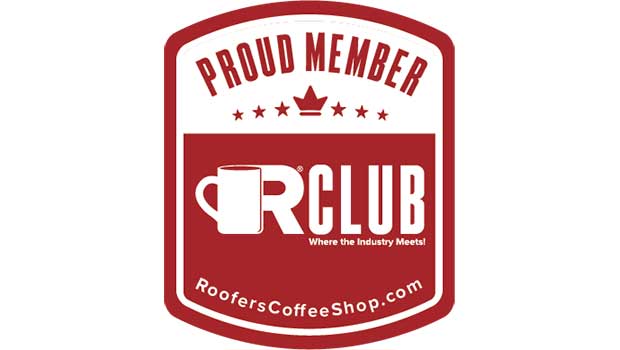Before embarking on a residential or commercial roofing project, one of the first things you should do is gather estimates from different roofing companies. This gives you a concrete idea of how much you’re going to spend on the project, along with a detailed breakdown of how much each item or service is going to cost. In this blog, Fields Roof Service, the top roofer in your area, shares the important things you need to look out for in a roofing estimate.
Read More
























